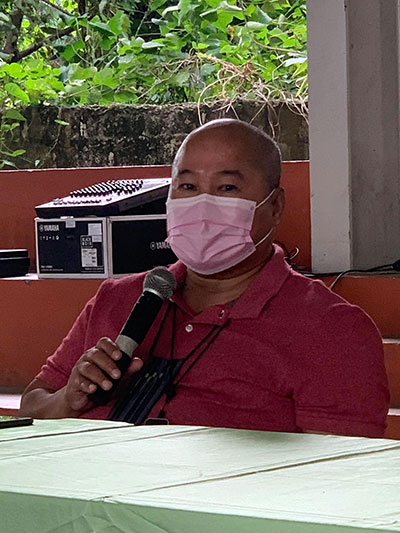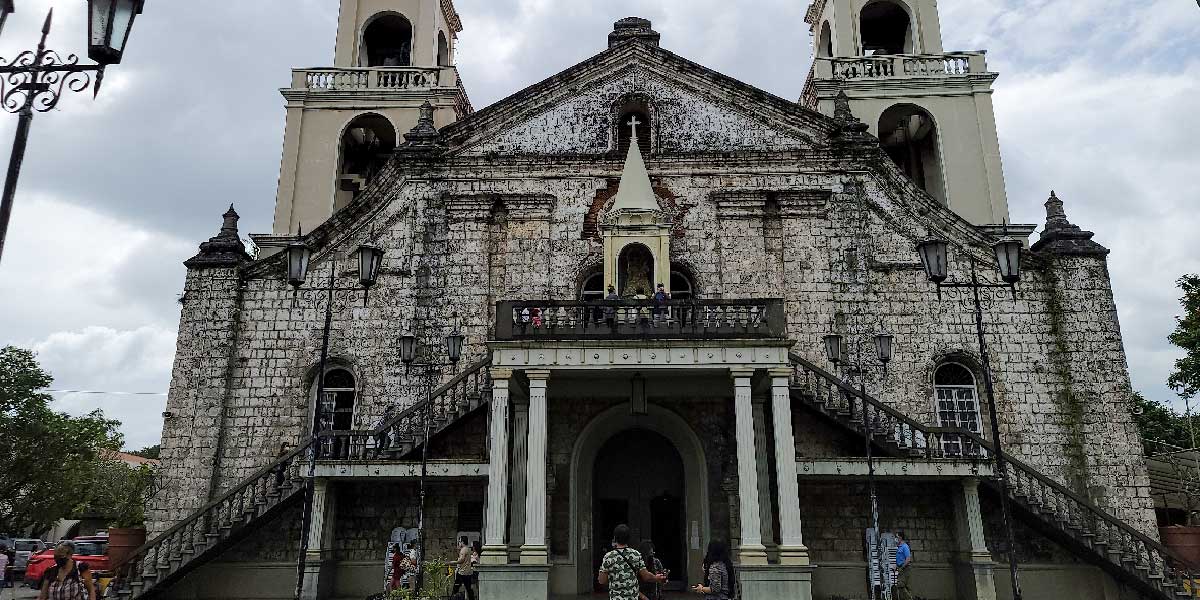
By Jennifer P. Rendon
On January 15, 2021, bishops in Western Visayas and Romblon issued a pastoral letter relative to the controversial Rizal Day 2020 raids in Tapaz, Capiz and Calinog, Iloilo.
Among others, the clergy wanted answers on why the supposed implementation of search warrants had led to the death of nine members of Tumandok nga Mangunguma nga Nagapangapin sang Duta kag Kabuhi (TUMANDUK), an alliance of 17 indigenous peoples’ (IP) communities in Tapaz and Jamindan towns in Capiz and Calinog in Iloilo.
The signatories to the letter were Jaro Archbishop Jose Romeo Lazo; Most Rev. Marvin Maceda, Bishop of San Jose de Antique; Most Rev. Patricio Buzon, Bishop of Bacolod; Most. Rev. Gerardo Alminaza, Bishop of San Carlos; and Most. Rev. Louie Patalinghug Galbines, Bishop of Kabankalan.
Archbishop Jose Cardinal Advincula from Capiz; Most Rev. Jose Corazon Tala, Bishop of Kalibo; and Most. Rev. Narciso Abellana, Bishop of Romblon also signed the letter.
The letter was expected to be read in all masses in all Catholic churches in Western Visayas and Romblon on January 24, 2021.
But there were reports that some parishes did not or failed to read the pastoral letter.
When asked to comment on the issue, Monsignor Meliton Oso, director of the Social Action Center of the Archdiocese of Jaro, said he saw no problem with it.
“Ang mga kaparian naton hilway kung mag basa or indi magbasa (the pastoral letter),” he said during a press conference called by the Iloilo Council for Ecumenism, on Friday.
“Indi katulad sa NTF ELCAC nga kung ano ang hambalon, hook, line, and sinker tunlon,” he said.
Oso is referring to the National Task Force to End Local Communist Armed Conflict (NTF-ELCAC), which was created “to ensure the efficient and effective implementation of the whole-of-nation approach in defeating rebel groups who advocate, use or support the use of violence or unlawful means to advance their goals.”
Because of the pandemic, Oso said they disseminated the pastoral letter via social media and “the internet.”
“Basi wala kaabot sa iban. Pero whether it reaches or not, they are free to decide whether to read or not,” he said.
Even on their stand on other issues, parishes could read the pastoral letter at their own volition.
“Indi kami switch on and switch off. We are still free to decide,” Oso said.
But he said non-reading of the pastoral latter will not weaken their desire to help the families of those who were killed and arrested during the gun and explosive raids in Capiz and Iloilo.
He said that the ICE, a group of different churches in the region, have assured of three forms of assistance to these families.
These include financial and material help; free legal assistance; and psycho- social interventions.
Oso said a law firm will also handle the cases of arrested persons.
A counselor was able to talk to the families for psycho-social intervention.
“Based on our initial talks, there are some that need to be brought to the doctor and be given medicines. The trauma is deep. Indi madala sa himas-himas kag pautwas lang,” he said.
These traumas manifested the most in children.
Addressing the law enforcers who conducted the raid, “sa mga kautoran naton, ang inyo ginhimo indi lang pagpamatay kag pag-aresto. You have wounded the consciousness of the tumanduk, especially the children,” he said.
For children who witnessed how their fathers were killed, it was doubly hard.
“Sa mga utod ko nga pulis kag military, indi nyo ko kontra. I’m your friend because I don’t lie. I tell the truth,” he said.
And in the end, “only the truth will set you free.”




















